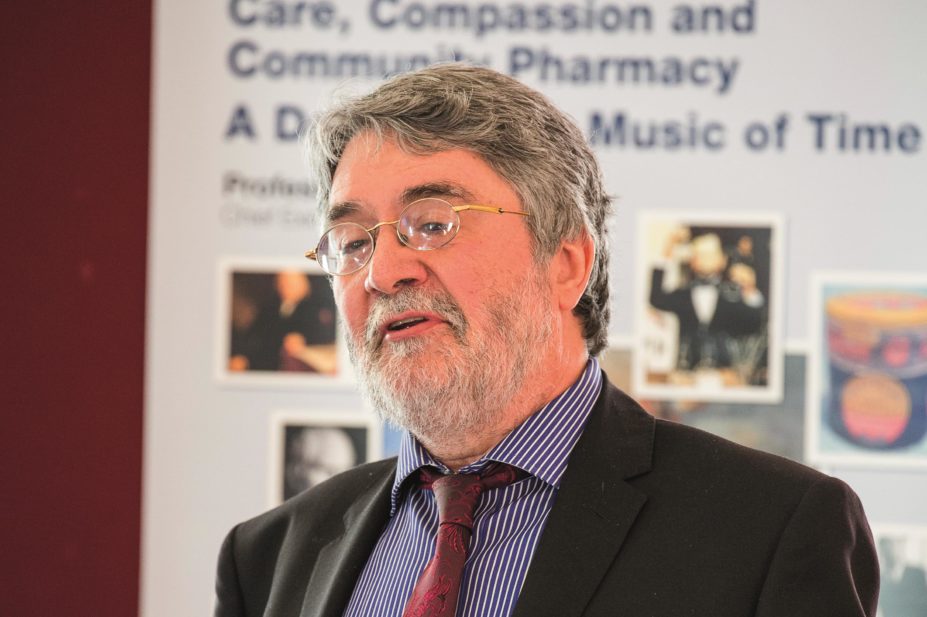
UCL Pharmacy
Deaths from cancer in people under 80 years of age can be eliminated by 2050, a report from the UCL School of Pharmacy, ‘Overcoming cancer in the 21st century’, has predicted[1]
.
However, it warns that this is only possible if there is continued access to innovative treatments and improved prevention strategies. Since the early 1990s, age-standardised death rates from cancer have fallen by about 20% but the total burden of cancer has increased.
Speaking at a press briefing on 13 January 2015, the report’s author, David Taylor, emeritus professor of pharmaceutical and public health policy at UCL, said that the rhetoric surrounding cancer treatments is scaring people into believing they are unaffordable. He pointed out that Western nations only spend a tiny portion of GDP on cancer treatments; in the UK it is estimated to be 0.1%–0.2%. This, he said, is easily affordable if prioritised. “These drugs will revolutionise cancer treatment in the next 20 or 30 years,” he said, adding that there seems to be a culture of “blaming the innovators”.
Jack Cuzick, from the Wolfson Institute for preventive medicine at Queen Mary University London, advocated all adults aged 50–65 years should take a daily dose of aspirin to reduce their risk of bowel and other cancers. Research conducted by Cuzick and published in 2014[2]
showed that if people did this for ten years, cases of cancer, hearts attacks and stroke would be reduced by 7% in women and 9% in men over 15 years and deaths would be reduced by 4% over 20 years.
References
[1] Gill J, Sullivan R and Taylor D. Overcoming Cancer in the 21st Century. UCL School of Pharmacy. January 2015.
[2] Cuzick J, Thorat MA, Bosetti C. Estimates of benefits and harms of prophylactic use of aspirin in the general population. Annals of Oncology. 2014. doi: 10.1093/annonc/mdu225


